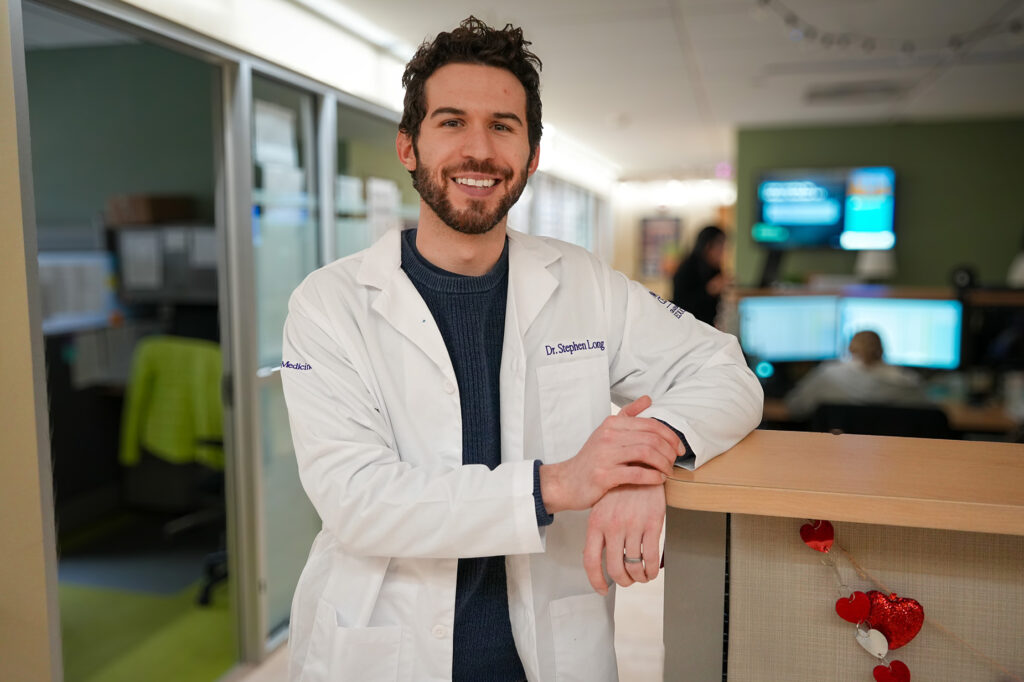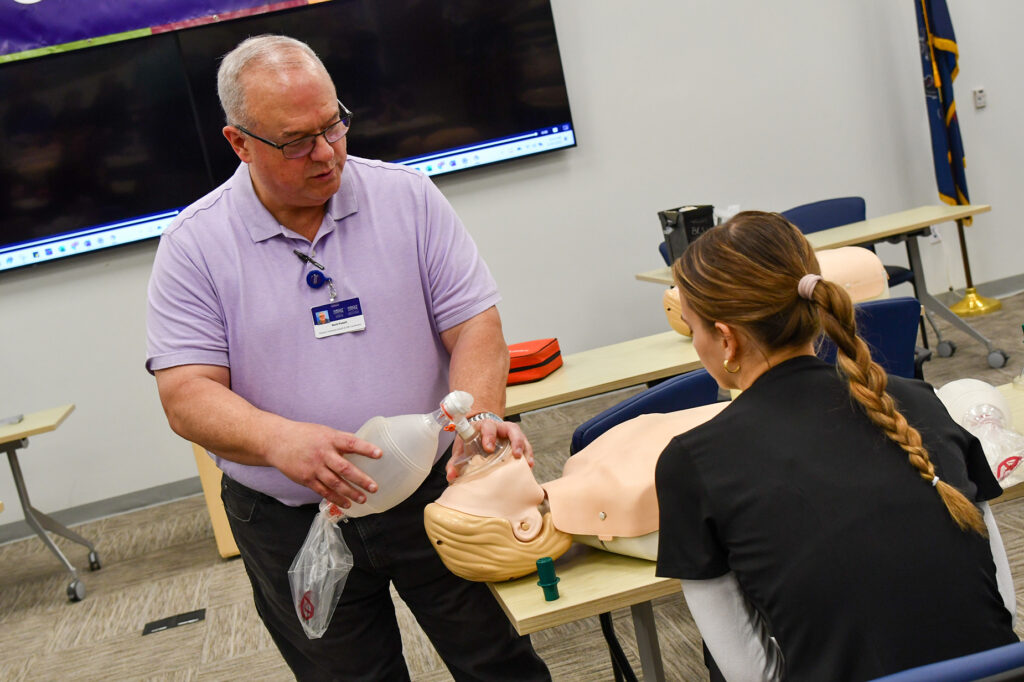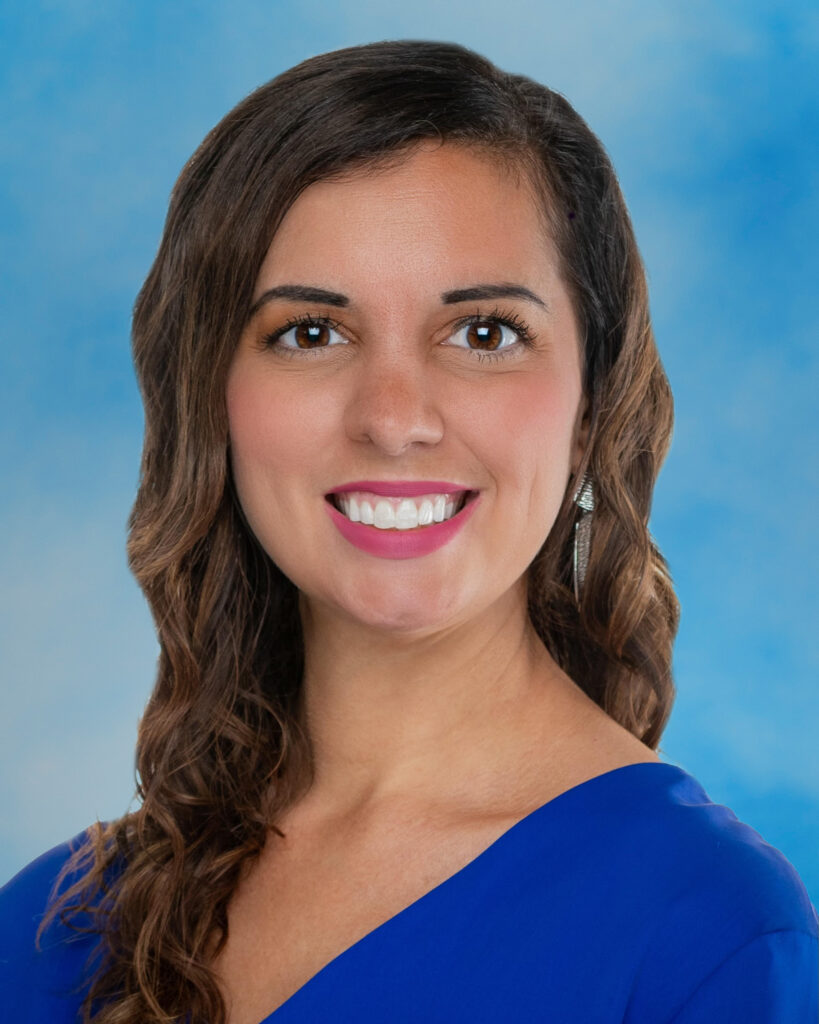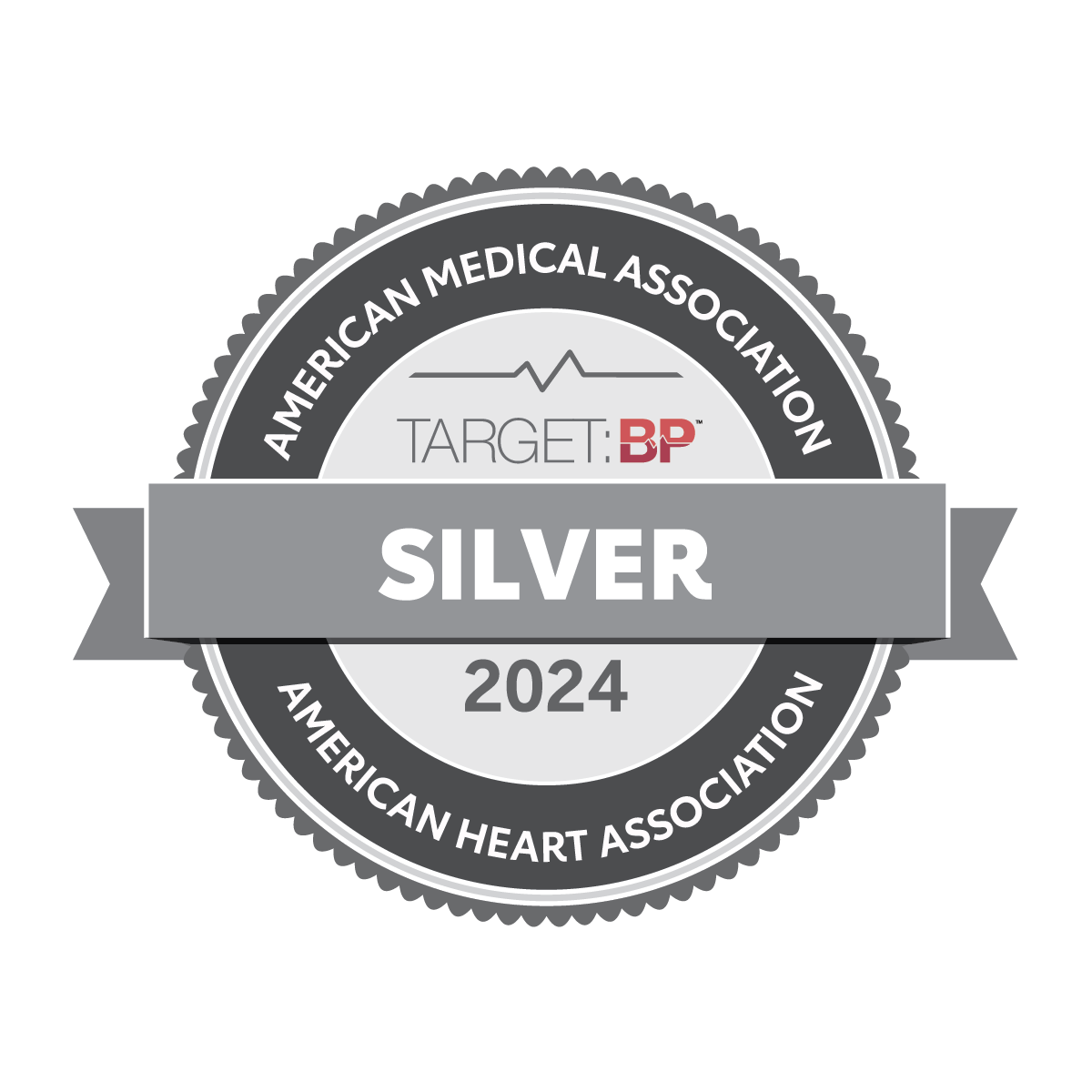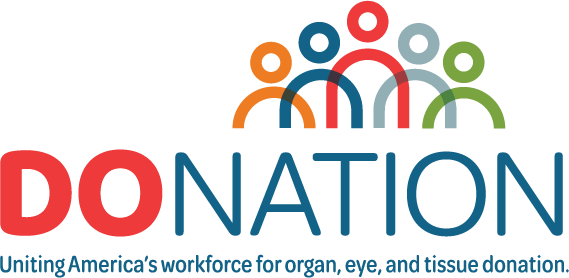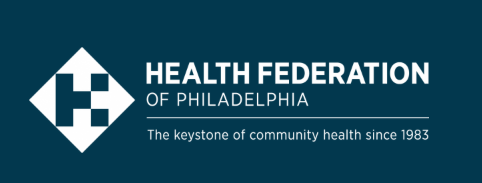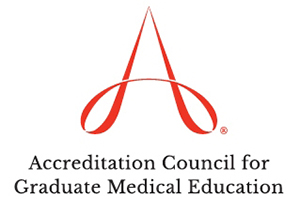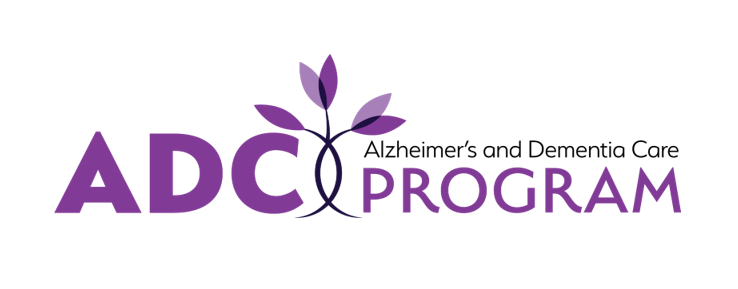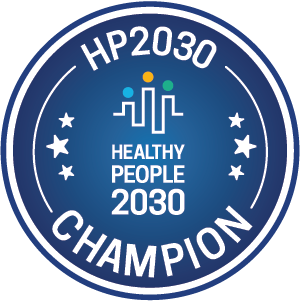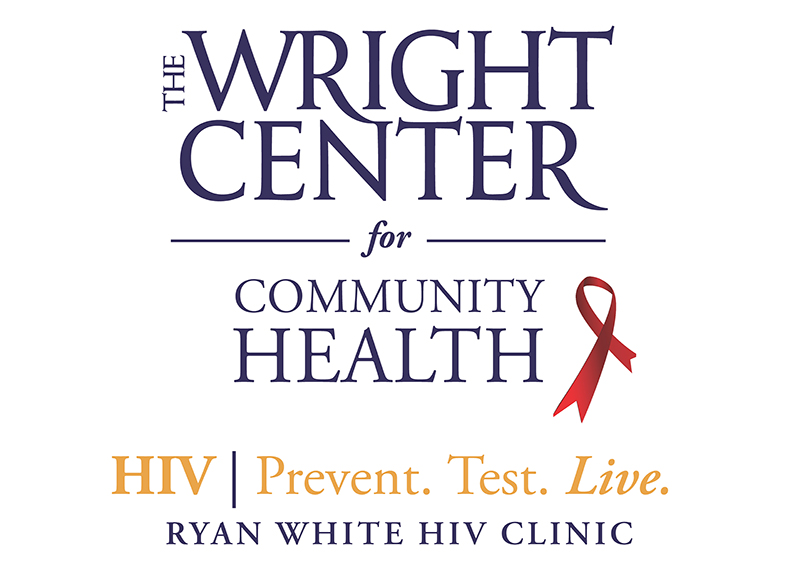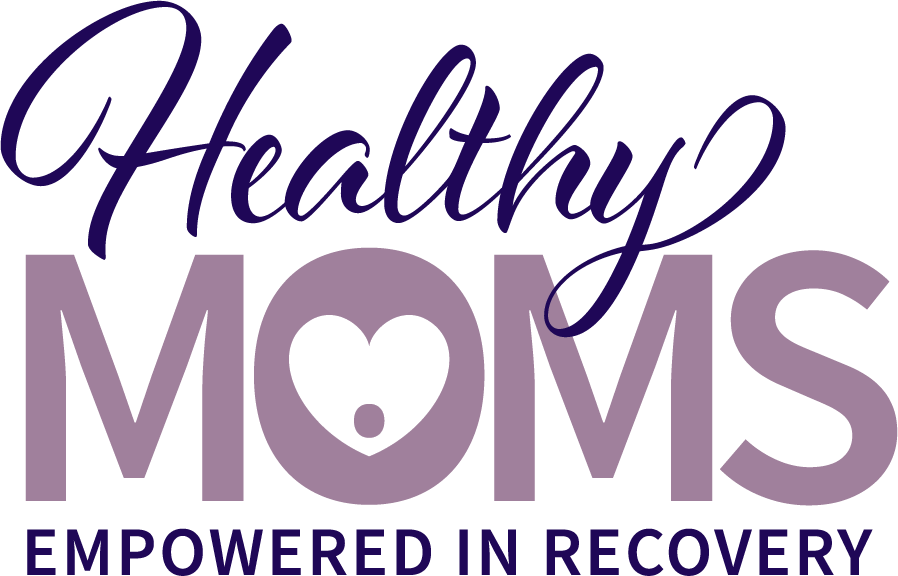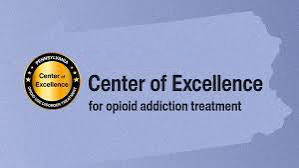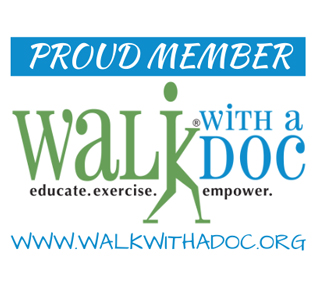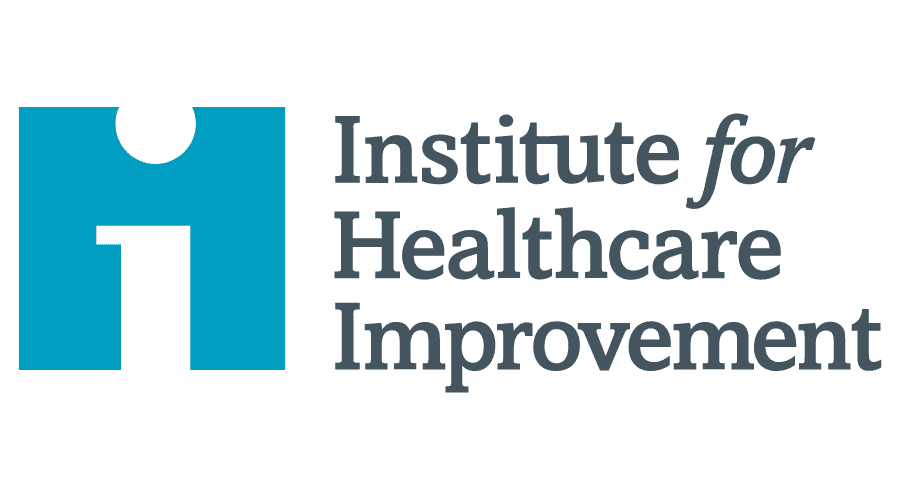Dr. Jignesh Y. Sheth, senior vice president and enterprise chief operations and strategy officer at The Wright Centers for Community Health and Graduate Medical Education, was selected as a 2025 Trailblazer in Healthcare by City and State Pennsylvania.

Dr. Jignesh Y. Sheth, senior vice president and enterprise chief operations and strategy officer at The Wright Centers for Community Health and Graduate Medical Education
The multimedia news organization recognized Dr. Sheth for his bold, forward-thinking leadership at The Wright Center, where he has championed the expansion of telemedicine, the modernization of clinical systems through advanced health information technology, and the advancement of Pennsylvania’s public health infrastructure. He is among a distinguished group of 2025 Trailblazers in Healthcare that includes physicians, lobbyists, educators, entrepreneurs, attorneys, and nonprofit leaders who are driving meaningful change across the commonwealth.
“It’s an honor to be recognized among leaders who are working to solve some of health care’s toughest challenges,” Dr. Sheth said. “This recognition reflects the dedication of our entire team at The Wright Center to modernize care, expand access, and deliver meaningful, measurable impact for the communities we proudly serve.”
City & State also acknowledged Dr. Sheth’s leadership in remote patient monitoring and his role in securing The Wright Center’s 2019 designation as a Federally Qualified Health Center (FQHC) Look-Alike. Dr. Sheth has spearheaded transformative initiatives that have significantly elevated care quality across Northeast Pennsylvania and beyond:
- Pioneered a cutting-edge telemedicine model that brings care directly into patients’ homes, especially in rural areas, through remote monitoring of vitals like heart rate, blood pressure, and steps. By integrating Humhealth technology into electronic health records (EHR) at The Wright Center, he ensured seamless data transfer and empowered patients to take an active role in their care.
- Reengineered The Wright Center’s EHR system into a powerful data platform that drives precise clinical interventions, supports population health management, and strengthens grant applications through actionable insights.
- Launched advanced business analytics tools that enhanced operational performance, ensured federal compliance, and supported The Wright Center’s FQHC Look-Alike designation.
- Introduced innovative patient-facing technologies, including a service that provides real-time interpreter services that support more than 350 languages, and “Neo,” an interactive, HIPAA-compliant chatbot that helps patients navigate services, schedule visits, and manage care online at TheWrightCenter.org.
- Modernized vaccine and medication management with a secure, automated system that tracks inventory to the dose level, safeguards patient safety, and improves regulatory compliance.
- Streamlined clinical workflows and strengthened strategic planning through the deployment of advanced technologies, including an AI-powered digital scribe; tools that focus on data visualization and business intelligence by providing real-time care analytics; and a centralized grant inventory management system that enhanced organizational efficiency and accountability.
Dr. Sheth earned his Bachelor of Medicine and Bachelor of Surgery with honors in biochemistry, medicine, and public health in 2004 from Jawaharlal Nehru Medical College in Wardha, India. He later received a Master of Public Health with a specialization in health promotion in 2006 from Northern Illinois University in DeKalb.
After completing his internal medicine residency in 2009 through the Scranton-Temple Residency Program, now The Wright Center for Graduate Medical Education, Dr. Sheth joined The Wright Center as an internal medicine primary care physician and lead physician for population management and reporting.
Over the years, Dr. Sheth has pioneered innovative approaches that have significantly enhanced patient wellness and health care delivery. His impactful contributions have led to a series of leadership promotions at The Wright Center, beginning with vice president for patient safety and quality in 2013, followed by senior vice president and chief medical and information officer in 2018, and culminating in his current role as senior vice president and enterprise chief operations and strategy officer.
Dr. Sheth has been honored with numerous national and state awards in recognition of his leadership, innovation, and contributions to advancing health care.
In 2024, Dr. Sheth was recognized nationally and statewide for his visionary leadership and impact on community health. He received the Outstanding Primary Care Clinician Award from the Pennsylvania Association of Community Health Centers and the Innovative Research in Primary Care Award from the National Association of Community Health Centers, honoring his contributions to clinical innovation, care coordination, and public health. He was also named a 2024 Trailblazer in Building and Infrastructure by City & State Pennsylvania for transforming 10 facilities across three counties into The Wright Center’s state-of-the-art primary health care centers, dramatically improving access and outcomes for patients and medically underserved communities.
In April 2025, Pennsylvania Governor Josh Shapiro selected Dr. Sheth to serve as a member of the state’s newly formed Alzheimer’s, Dementia, and Related Disorders Advisory Committee. Established in October 2024, the Alzheimer’s, Dementia, and Related Disorders Advisory Committee is tasked with advising the Pennsylvania Department of Aging and other state agencies on the development and implementation of a state plan for Alzheimer’s disease, dementia, and other related disorders.
Dr. Sheth and his wife, Hetal Sheth, live in Clarks Summit with their children, Zian, 10, and Jiaa, 6.

